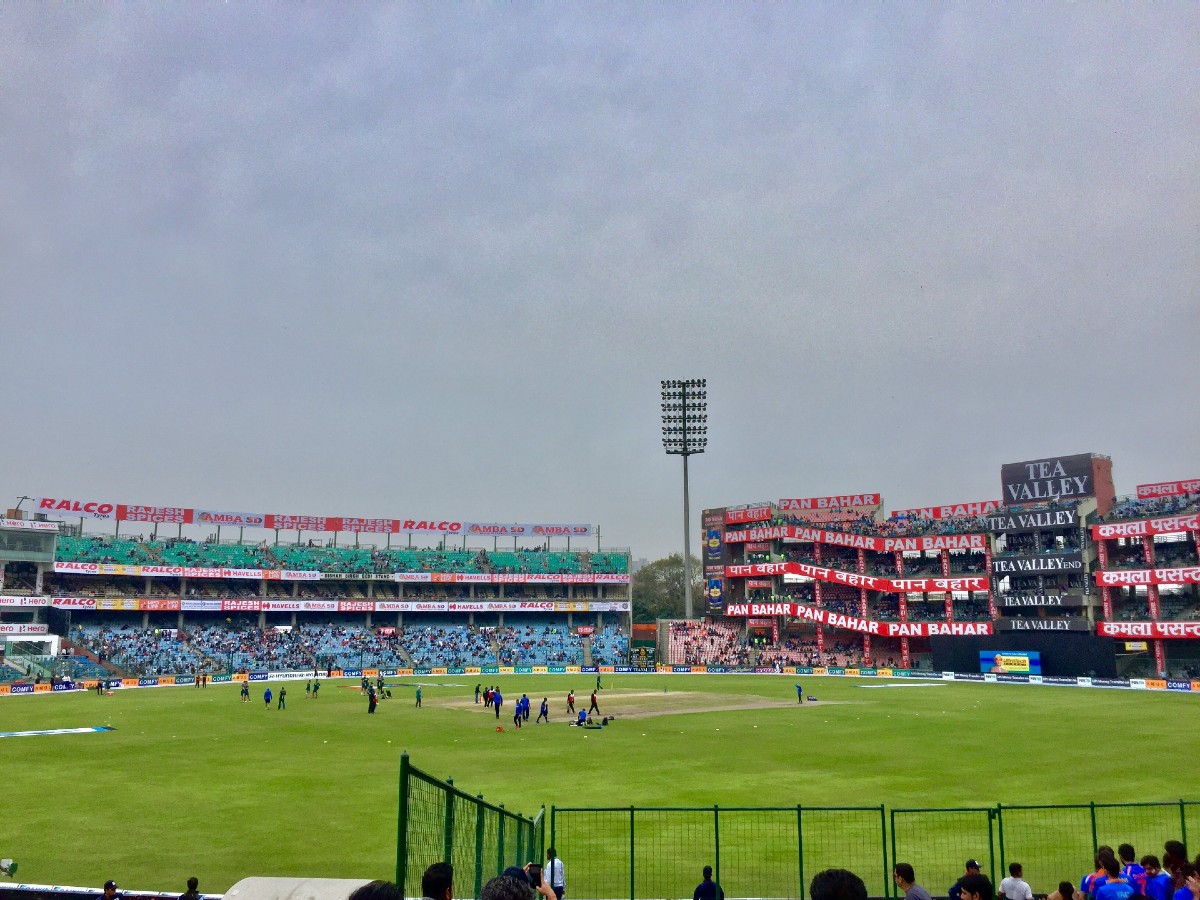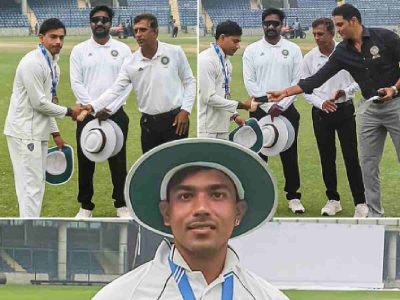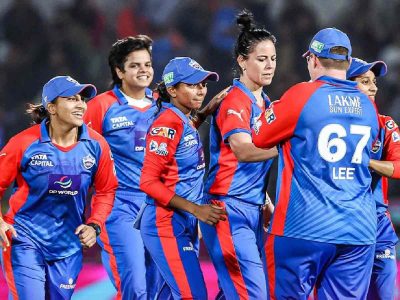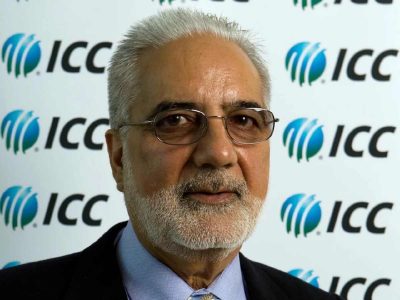When it comes to allotting international matches to the various state associations, Board of Control for Cricket in India ( BCCI ) often manipulates its so-called ‘rotation policy’ for convenience. If an ally association of the powers that be has to be obliged with an international match, this policy can be twisted to suit their goal. And this has been happening for ages in Indian cricket.
Delhi has been allotted a Test match, against South Africa, this November – a period when pollution is usually at its peak. When the issue of pollution came up, the rotation policy was cited as the reason for choosing the venue. In the past, matches in November–December have been disrupted and the shorter winter days cut short play.
But the Board of Control for Cricket in India (BCCI) thinks this winter’s pollution wouldn’t be so much as to impact the five-day Test match. BCCI secretary Devajit Saikia has been quoted in the media as saying: “We have considered all factors and have gone by the rotation policy after discussing it with everyone. The pollution issue doesn’t happen every year.” How he got such accurate information is not known.
It is well documented that in 2017, the pollution and poor visibility became so high during a Test against Sri Lanka in Delhi that the visitors had to wear face masks and vomit due to the unhealthy playing conditions. But the BCCI has clearly refused to learn from experience and again allotted Delhi an international match at a time when it could be potentially disrupted again by weather.
Weather woes from the past
Matches played in most north zone venues have historically been affected by the weather in winter months. Former Delhi and north zone captain Akash Lal slams the BCCI for not learning from the past.
“The BCCI couldn’t allot a Test match to Delhi some other time because it doesn’t care a damn to where cricketers play and under what conditions they play. They are only concerned by allotting matches to those centres from where they can garner their votes to stay in their positions and power,” 84-year-old Lal, a former national selector and opening batsman of repute, told Patriot.
Lal cites his own example when he lost his wicket due to the December “mist” in a Duleep Trophy semi-final match in Delhi in 1963–64. He opened the batting along with Vijay Mehra for the MAK Pataudi-led north zone against south zone at the Ferozeshah Kotla.
Lal recalled that he was to face the first ball of the match against ML Jaisimha, “of all the people.” After taking his guard, he realised the mist behind the bowler’s hand was so thick that he objected to playing under such conditions. He told the umpires the visibility was too poor to continue.
Also Read: Can Delhi Capitals finally break their IPL jinx?
“The umpire came to my end to see, both umpires consulted, talked to our captain Pataudi, and they disagreed with me,” he said. It was difficult, he added, to even see Jaisimha clearly at the other end. “He bowled me off the first ball, around my legs. I never saw the ball.”
This winter, West Indies will also tour India for a two-Test series. After the Delhi Test (November 14–18), the second and final match of the series will be played in Guwahati from November 22. South Africa will follow the West Indies and will play, besides the two-Test series, three One-day Internationals and five T20 Internationals.
The writer is an award-winning journalist based in Delhi and has covered sports for over three decades





